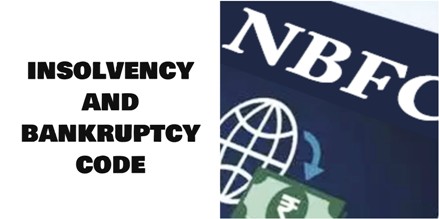

By Sunil Garodia
In the case HDFC Ltd. versus RHC Holding Private Limited, the National Company Law Appellate Tribunal (NCLAT) has confirmed the order of the National Company Law Tribunal (NCLT) that non-banking financial companies (NBFC) are out of the purview of the Insolvency and Bankruptcy Code (IBC).
A simple reading of section 3(7) of the IBC also confirms this. The section defines a corporate person as "a company as defined in clause (20) of section 2 of the Companies Act, 2013, a limited liability partnership, as defined in clause (n) of sub-section (1) of section 2 of the Limited Liability Partnership Act, 2008, or any other person incorporated with limited liability under any law for the time being in force but shall not include any financial service provider" (emphasis provided by us).
The main contention of the appellant, HDFC Ltd., was that the respondent company was not a financial service provider as according to it the intent and the purpose of the legislature is to specifically carve out a set of institutions that provide a set of identified financial services. But the respondent company countered by saying that it had an NBFC licence from the RBI and this met the condition of section 3(17) of the IBC. The respondent further referred to the NCLAT decision in the case Randhiraj Thakur Vs M/s Jindal Saxena Financial Services, wherein the appellate authority had held that the application filed by financial creditor under Section 7 of the I&B Code is not maintainable against a company which has been granted a Certificate of Registration under the Reserve Bank of India Act, 1934 giving the status of a "Non-Banking Financial Company."
NCLAT said in its present order that it is not necessary for a financial service provider to accept deposits to pass muster under section 3(7) of the IBC. It said that section 3(16) of the IBC provides for an array of services and a company providing any one or more of them could be classified as a financial service provider under section 3(7) and hence it would be out of the purview of the IBC. It held that the respondent company met this criterion and was hence not covered under the IBC. It also observed that if the appellant felt that the respondent company had violated the terms of the licence granted to it by the RBI, it should approach the apex bank instead of the NCLAT.











